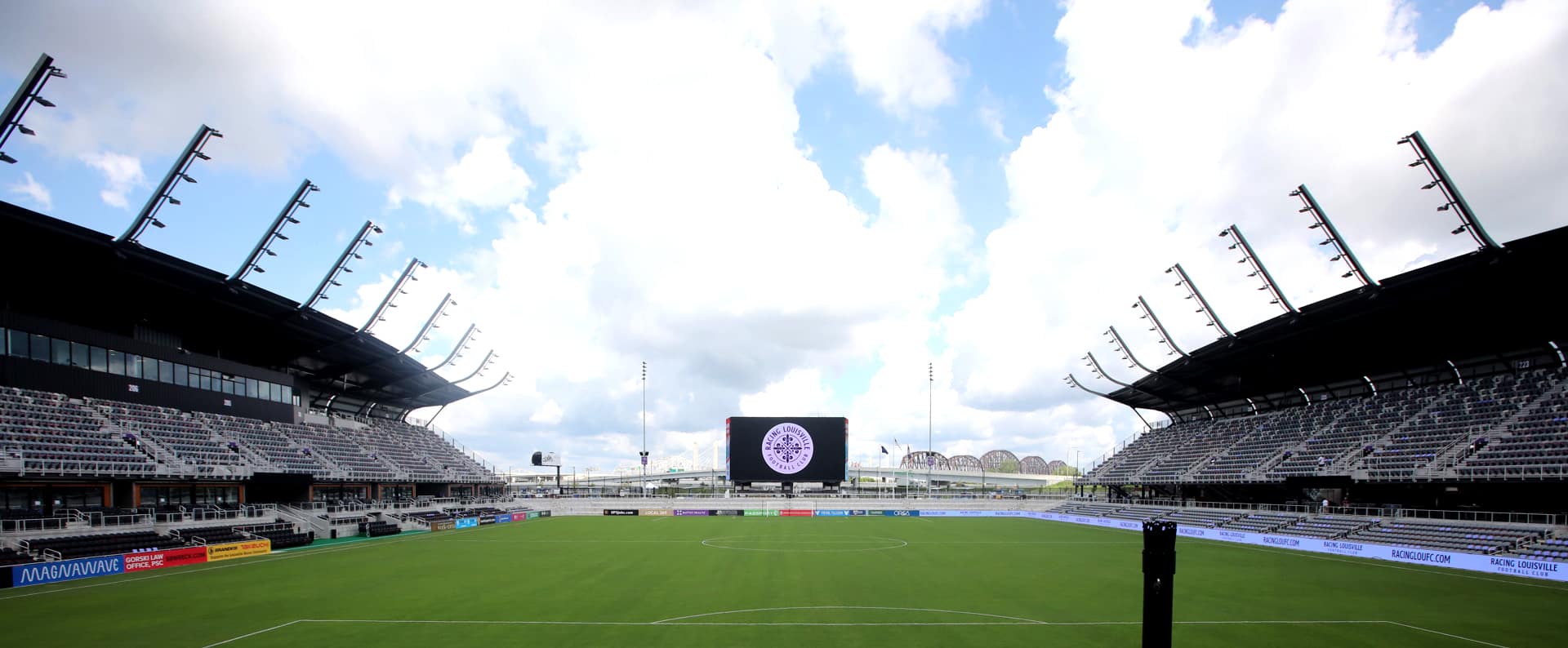How Long It Takes To Recover From A TBI | 24/7 Help
It can take anywhere from a few months to a few years to recover from a traumatic brain injury (TBI). Recovery is quicker for those with mild TBIs than for those with moderate or severe injuries.
Your recovery can also be impacted by treatment, age, and many other factors.
How Long Does It Take to Recover from a TBI?
As with any injury, a huge range of factors can improve or worsen recovery time per individual. Here are some of the things that can impact how long it takes to recover from a traumatic brain injury:
More Severe Injuries May Take Longer to Improve
Those who experience a mild TBI, such as a concussion, may see a full recovery in as little as a few months; however, moderate to severe injuries may see diminishing returns of recovery after two years, according to a study published in The BMJ.
Some have continued to improve for decades after an accident. So, while a person may see the most significant improvement within two years, there is still hope for further recovery.
Proper Treatment Can Improve Long-Term Health Outcomes
Harvard Medical School collected data from studies on TBIs. This research suggests that even patients with severe TBIs (including those who were in a vegetative state) can experience healing and cognitive recovery a year after the injury. In cases where the hope of recovery seemed low, life-saving treatments improved the long-term prognosis.
Age May Impact Recovery Outcomes
Unfortunately, the likelihood of a full recovery from a TBI decreases as you age. The Journal of the American Geriatrics Society published a collection of health outcomes for older adults with TBIs. To summarize, research indicates that people 65 years and older do not show long-term improvement as significant as those 40 years old and younger.
Can You Speed Up Recovery Time After a TBI?
The Centers for Disease Control and Prevention (CDC) recommend taking these steps after a mild TBI to feel better:
- Take time off to rest and recover
- Follow treatment directions from your health care provider
- Avoid activities that could re-injure your head
- Limit screen time and maintain healthy sleeping habits
If you’ve recently sustained a moderate or severe TBI, medications and rehabilitation may help your body recover. Make sure that you follow treatment directions from your doctor first and foremost.
What Are the Causes of Traumatic Brain Injuries?
Traumatic brain injuries can occur in many ways. TBIs are caused by both an impact to the head and a violent jarring of the head back and forth, even if there is no impact.
Vehicle Accidents
Collisions are one of the most common causes of TBIs. Not only are passengers more likely to hit their heads, but a car changing direction or speed due to a collision can cause a violent motion that may impact the brain.
TBIs can be sustained in any of these common accidents:
- Car accidents
- Truck accidents
- Bicycle accidents
- Pedestrian accidents
- Motorcycle accidents
Slip and Fall Accidents
Slipping, falling, or tripping can result in TBIs. Often these kinds of accidents are caused by poor maintenance of floors or walkways. However, slip-and-fall accidents can also include falling from stairways or out of windows, which are more likely to result in severe TBIs.
Can I Recover Compensation from a Traumatic Brain Injury?
You might be entitled to a settlement or other compensation if you’ve recently sustained a traumatic brain injury from any of the common causes listed above. At Isaacs & Isaacs Personal Injury Lawyers, we could help you recover compensation for the following damages:
- Past, ongoing, and future medical expenses
- Pain and suffering
- Temporary or permanent disability
- Reduced quality of life
- Reduced earning capacity
- Lost income and benefits
- Emotional distress
What Are the Symptoms of a Traumatic Brain Injury?
According to the CDC, a traumatic brain injury can have the following symptoms, though not everyone with a TBI will experience every symptom:
- Vision problems
- Depression, anxiety, or nervousness
- Severe headaches
- Nausea or vomiting
- Slower cognitive functions
- Dizziness
- Slurred speech
- Drowsiness
- Sensitivity to noise or light
- Irritability and fits of anger
- Seizures
- Difficulty concentrating










